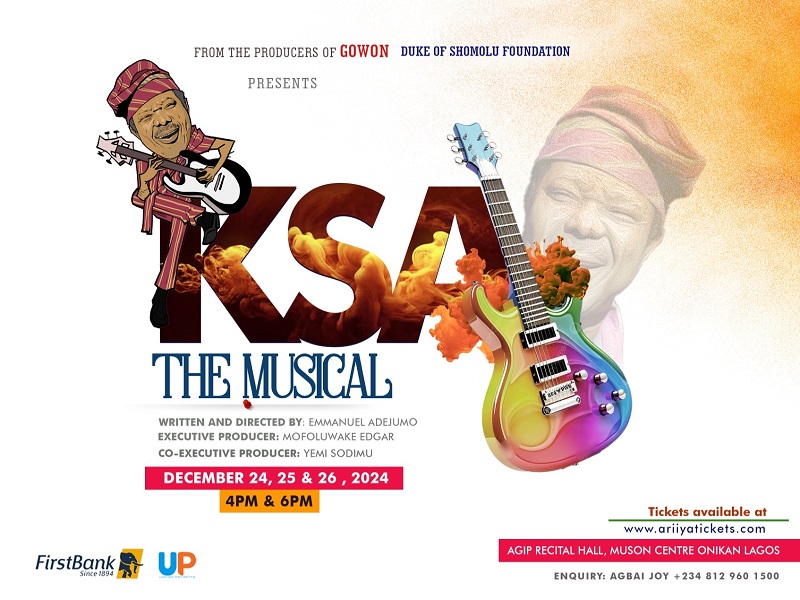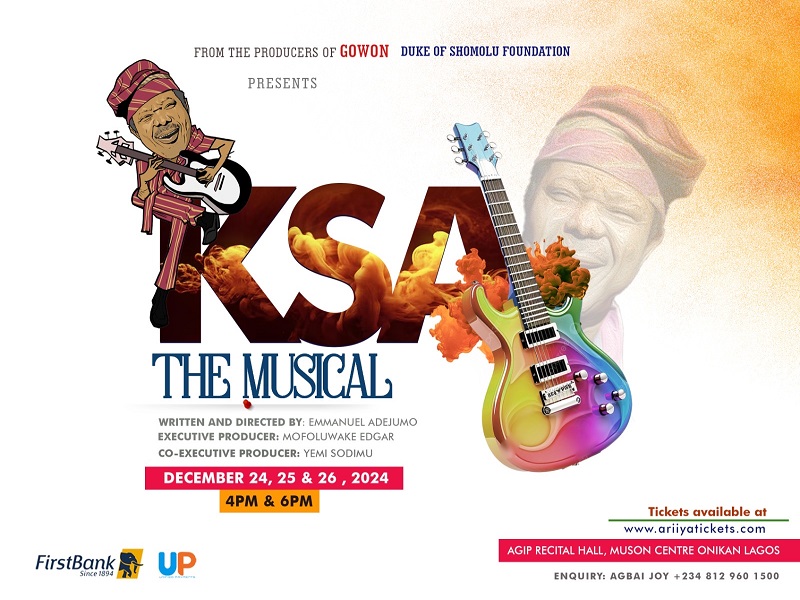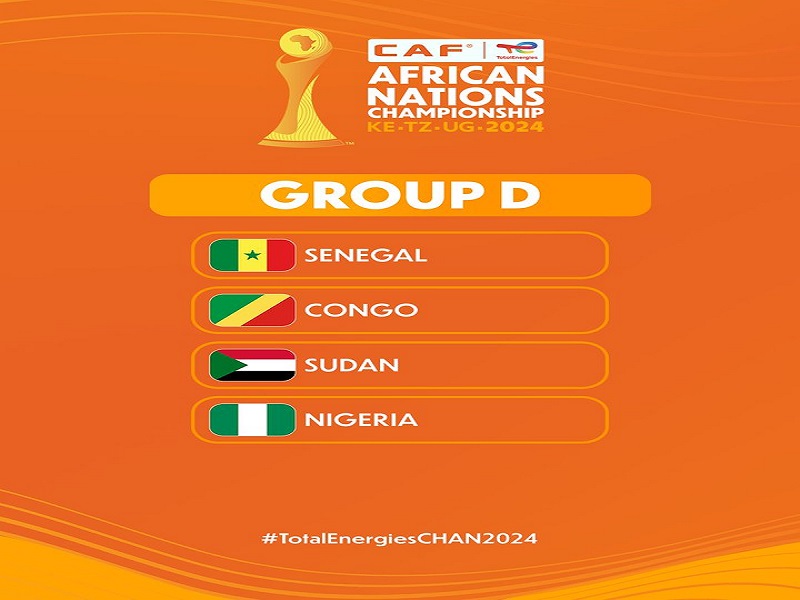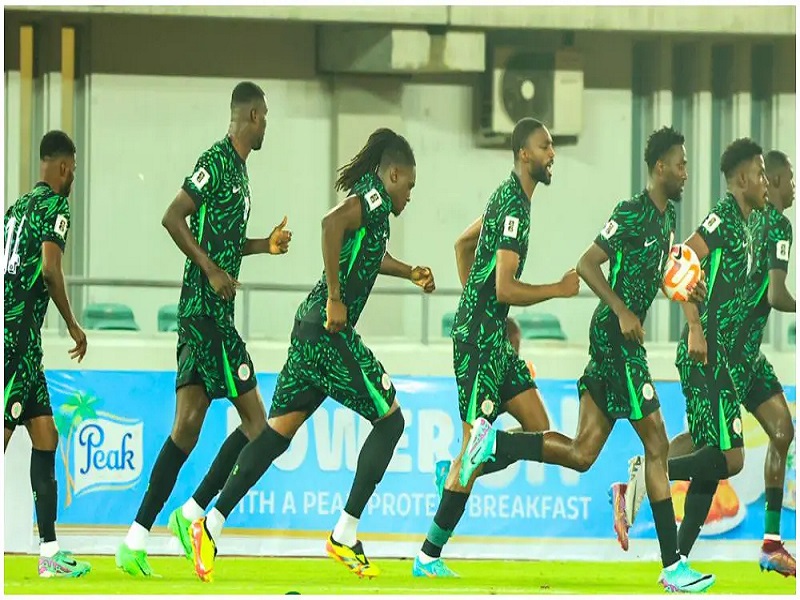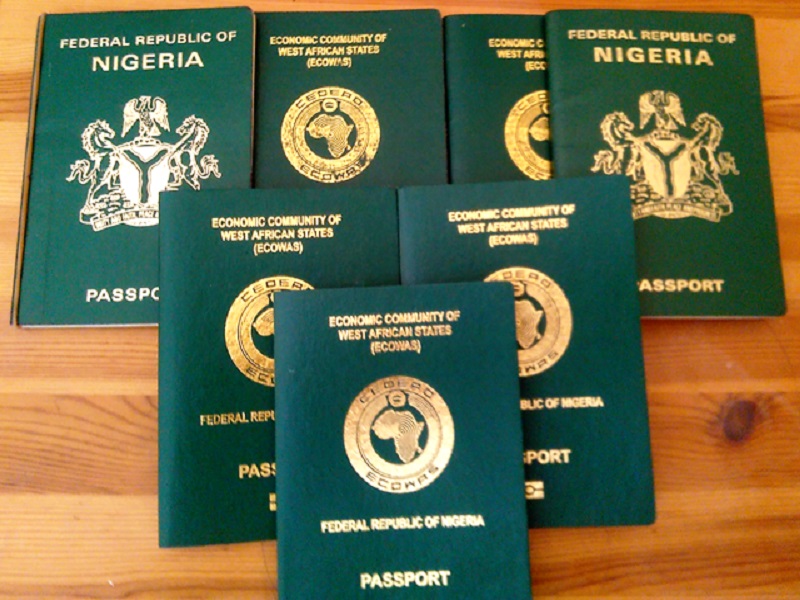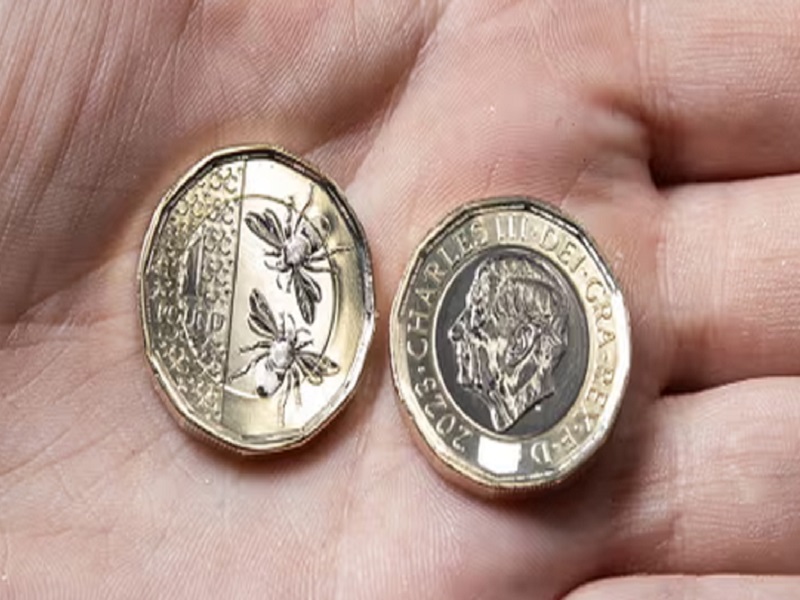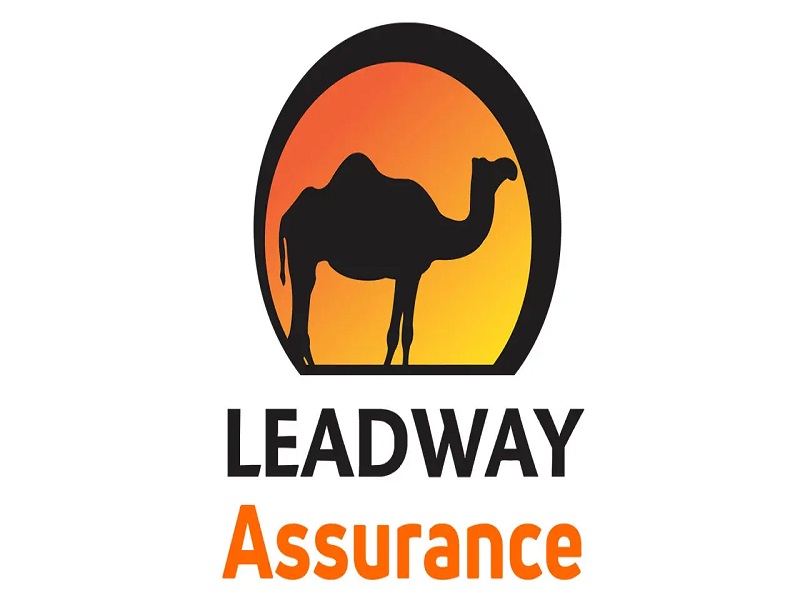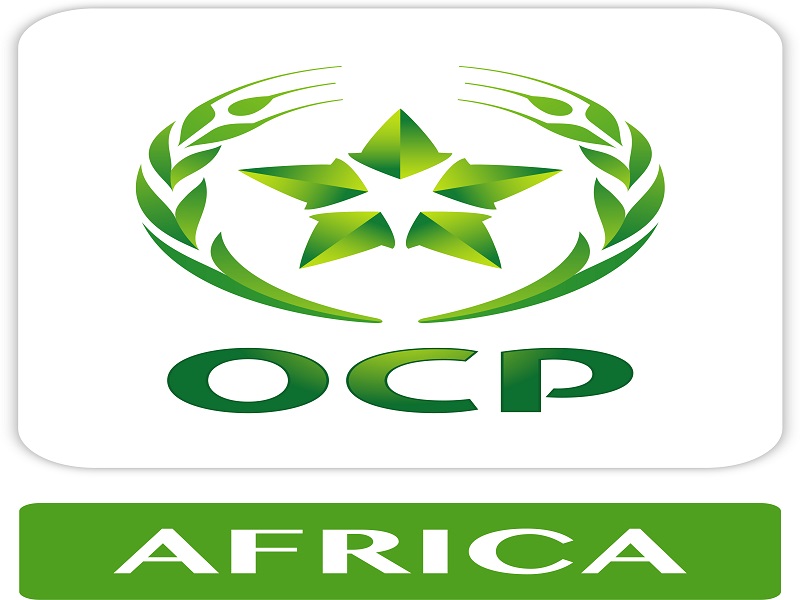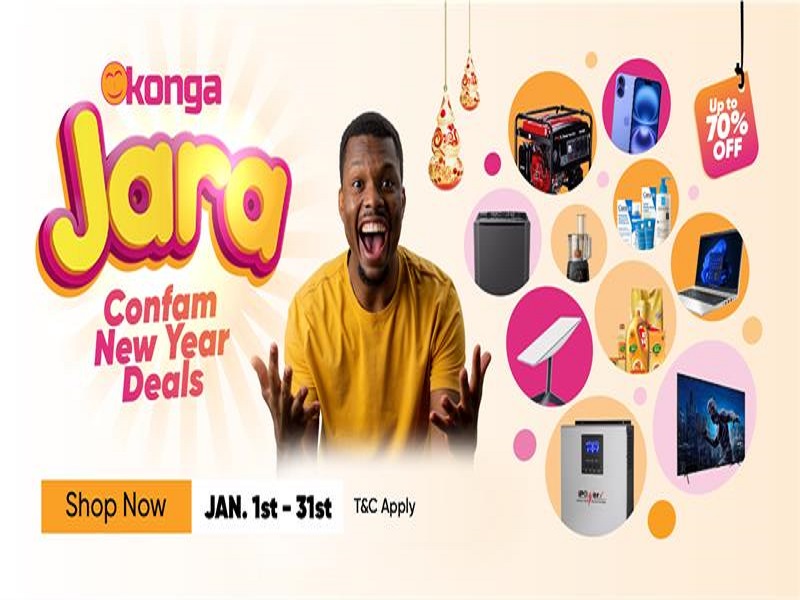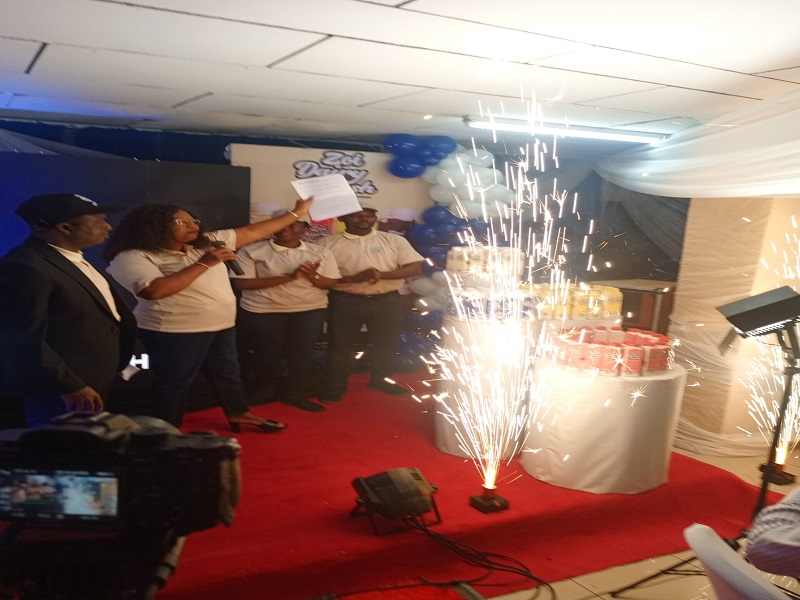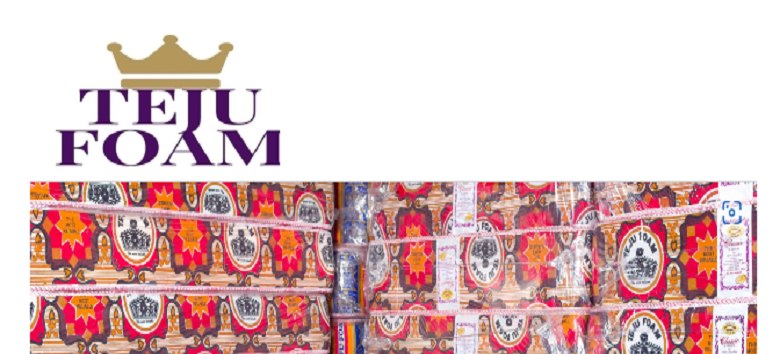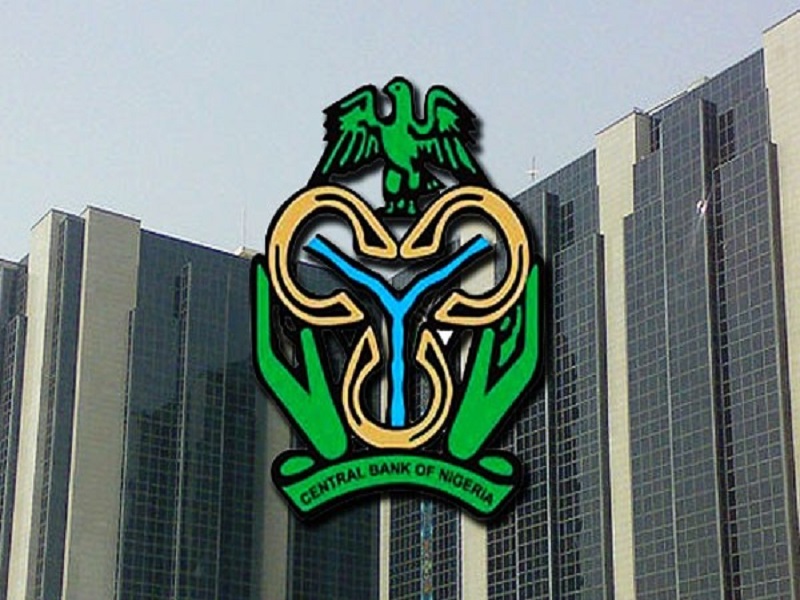“The fast-evolving nature of the leather industry in Nigeria is quickly positioning the industry to become the next gold mine for our dear nation — that is, if it is properly explored and harnessed by both industry players and governmental bodies,” Femi Olayebi, CEO FemiHandbags, and Founder, Lagos Leather Fair opined at a leather industry stakeholder event.
Over the years, the Nigerian leather industry has continued to evolve and positively contribute to Africa’s economy both in revenue and in employment opportunities. According to the Nigerian Economic Summit Group (NESG), research shows that the industry contributes about 24% of the agricultural sector’s contribution to the GDP in Nigeria. It is also one of the more significant employers of labour, with over 750,000 workers in the leather processing sector and about 500,000 in the finished leather goods sector. The Nigerian Economic Summit Group (NESG) has also projected that the industry could bring in earnings of about US$1 billion by 2025. Undoubtedly, the sector has the potential to metamorphose into the next big deal for Africa’s economy.
In order to make this prediction a reality, whilst simultaneously tapping into the enormous potential of the industry, select leading brands and industry thought leaders are taking up the responsibility — by forging alliances, and launching forward-thinking projects. One such project is the Lagos Leather Fair.
The Lagos Leather Fair (LLF) was created in 2017 by Mrs Femi Olayebi, the Creative Director of FemiHandbags — one of the continent’s leading leather brands. Having experienced, first-hand, the challenges that plague the sector, she was determined to provide a much-needed platform for leather designers to showcase their products, partner with stakeholders to grow the finished leather goods sector and change the narrative within an industry that holds an amazing potential to succeed as major foreign exchange earner.
Driven by these goals, the platform opened its doors to more than 6,900 individuals, businesses, partners, and other stakeholders from all across sub-Saharan Africa between 2017 and 2021. Each edition has created visibility for African leather-focused businesses and has featured revered thought leaders who equip industry players with the requisite knowledge necessary to navigate and grow within the industry.
Over the years, there has been steady growth within the leather industry. Nonetheless, there are prevailing challenges facing the industry.
Many local shoemakers, for instance, do not have access to the advanced technology needed to design high-quality wear for their teeming customers. This is a potential setback, especially when compared with their international counterparts. A large portion of the more established and advanced shoemakers in Lagos are those who design their shoes abroad and then import these shoes to the country for finishing.
Lagos Leather Fair has sought to tackle this challenge by investing in capacity building opportunities, through a series of training partnerships: seeking to bridge the skills gap in the leather and non-leather manufacturing industries; raise the standards; and equip young industry players with the requisite hard and soft skills to navigate the industry. LLF recently partnered with a training program called Kafawa. The program was designed by My World of Bags in partnership with Mastercard Foundation, and it presents a holistic training experience from basic machine skills to specialised leather-crafting, to soft skills and entrepreneurship classes; since its launch in 2021, the program has directly impacted over 250 micro and small leather business owners across Nigeria. The 2022 edition of LLF will feature these recent graduate trainees within its Emerging Designers segment at the fair.
Made in Nigeria for Nigerians
Several reports have confirmed that many Nigerians have a preference for international brands because of their perceived higher quality than local brand output. A Stears business report revealed that if you ask 100 Nigerians to choose between local or international brands, 92 will choose the international brand, while 8 would be undecided. In another blind brand experiment conducted amongst Nigerians, 98% claimed that they could differentiate between internationally-made and locally-made shoes. When the shoes were provided to them, however, only 32% could make a distinction. As a result, many companies across diverse industries have launched several consumer-focused campaigns to encourage local shopping, and the leather sector is no different.



